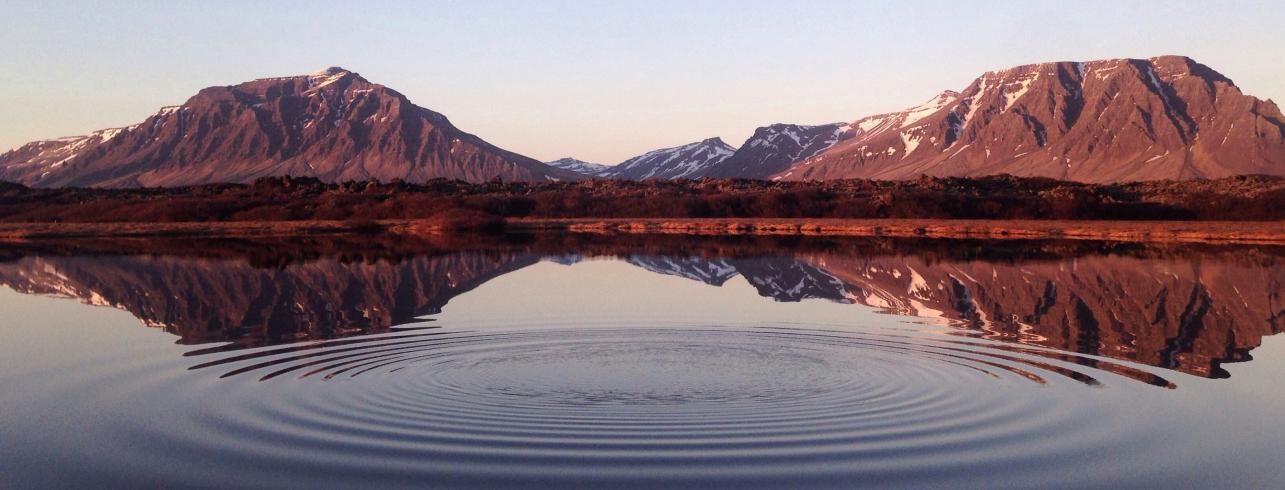
Water is an interdisciplinary topic that has links with all aspects of climate change, biodiversity and pollution.
As the most visible expression of climate change, water is at the heart of climate adaptation policies.
Water’s quality is deteriorating, in particular due to human-induced pollution, which increases its lack of availability.
Most populations now face both water scarcity and excess water, 90% of natural disasters being related to water.
In the meantime, demand for water is expected to increase by 50% by 2030, while universal and equitable access to water and sanitation is far from being reached.
However, water policy is so often left behind, at the background. And yet this is a major issue impacting many daily life sectors (agriculture, food, construction, energy, health, industry…).
Water needs be at the core of the multilateral agenda and international cooperation, notably through the process of the Rio Conventions COPs on Climate, Biodiversity and Desertification.
In the face of the imperative to raise this issue at the heads of State and government level, the President of the French Republic Emmanuel Macron and the President of the Republic of Kazakhstan Kassym-Jomart Tokayev and the President of the World Bank Ajay Banga co-organize a "One Water Summit", in partnership with the Crown Prince and Prime Minister of Saudi Arabia Mahammed bin Salman, as announced at COP28.

The Summit will be held on December 3rd in the margin of the next high-level session of the sixteenth session of COP16 of the United Nations Convention to Combat Desertification (UNCCD) in Riyadh, Saudi Arabia.
It aims to contribute to the ongoing United Nations discussions and process to enhance global water governance, accelerate action on SDG6 on water and sanitation, building on the momentum of the UN Water Conference in 2023. In fact, the aim of the summit is to act as an incubator for solutions, in preparation for the next UN Water Conference in 2026.
It will furthermore integrate its agenda into the other existing water processes and initiatives, such as the World Water Forum, the Dushanbe Conference, or the World Water Week.
This agenda must be resolutely focused on solutions, to change our approach to water management by integrating water in all policies, whether they involve strengthening:
international cooperation on transboundary waters and freshwater ecosystems;
technical solutions for access to water (nature-based solutions, innovative science, technologies…);
water footprint methodologies;
opportunities to bridge the global financing gap in the water and sanitation sectors.
The One Water Summit’s ambition is to scale-up projects by stimulating partnerships between States, international organizations, local authorities, development and private banks, businesses, philanthropies, scientific experts, NGOs and civil society, in line with previous One Planet Summits.
The program of the summit will be detailed at a later stage.
